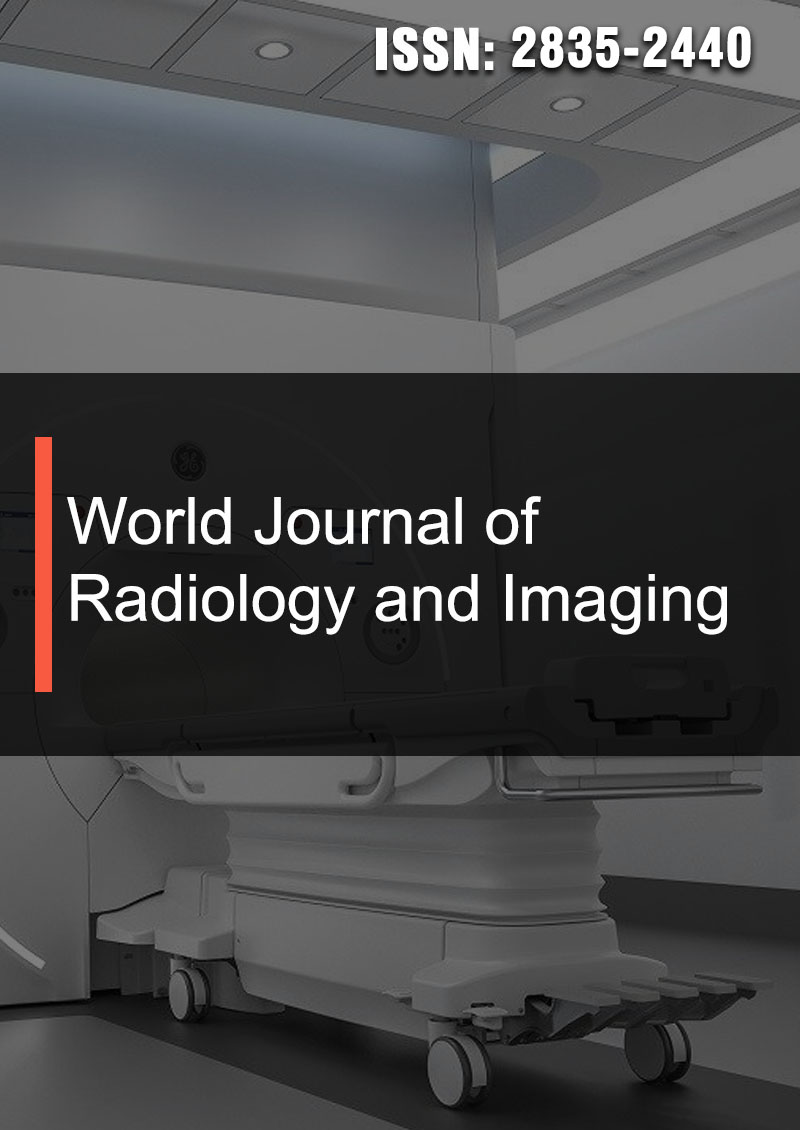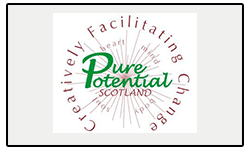An Extensive Evaluation and Meta-Analysis of Transcranial Magnetic Stimulations Effectiveness as a Treatment for Alzheimers Disease
Abstract
Tshetiz Dahal
Background: For the treatment of Alzheimer's disease, repetitive transcranial magnetic stimulation (rTMS) is frequently employed. The impact of rTMS is still debatable, though. The current study's objective is to assess rTMS's impact on AD patients' cognitive function.
Methods: Before April 28, 2022, I conducted a thorough search of the pertinent literature in four main databases: PubMed, EMBASE, Web of Science, and the Cochrane Central Register of Controlled Trials [Central]. There were both cross-section studies and randomised controlled trials that compared the healing power of rTMS with no stimulation or sham stimulation.
Results: A total of 14 studies involving 513 AD patients were finally included for meta-analysis. It was found that rTMS significantly improved global cognitive function (SMD = 0.24, 95%CI, 0.12 to 0.36, P = 0.0001) and daily living ability (IADL: SMD = 0.64, 95%CI, 0.21to 1.08, P = 0.004) in patients with AD, but did not show improvement in language, memory, executive ability, and mood. In further analyses, rTMS at 10 Hz, on a single target with 20 sessions of treatment was shown to produce a positive effect. In addition, improvement in cognitive functions lasted for at least 6 weeks (SMD = 0.67, 95%CI, 0.05 to 1.30, P = 0.04).
Conclusion: rTMS can help AD patients with their everyday functioning and general cognition. Additionally, rTMS safety in AD patients with seizures needs to be taken into consideration. Our results should not be taken too seriously due to the limited sample size.




